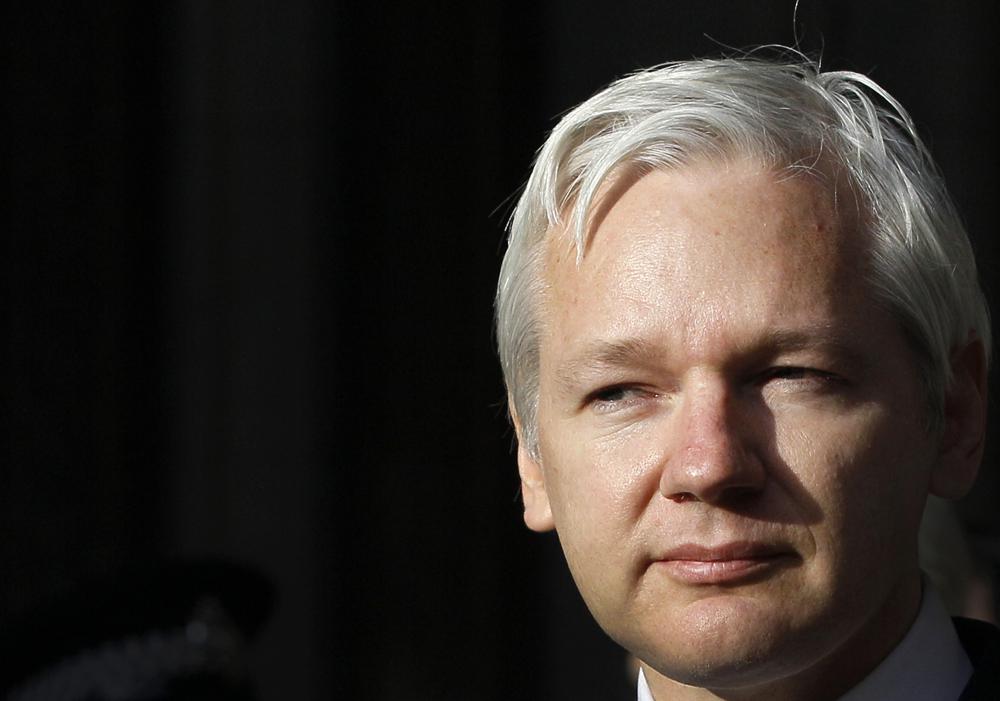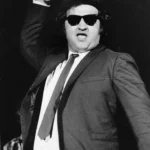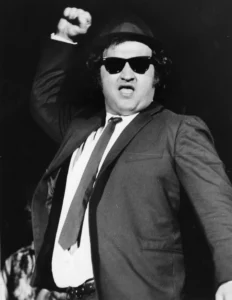The British government on Friday ordered the extradition of WikiLeaks founder Julian Assange to the United States to face spying charges, a milestone — but not the end — of a decade-long legal saga sparked by his website’s publication of classified U.S. documents.
WikiLeaks said it would challenge the order, and Assange’s lawyers have 14 days to lodge an appeal.
“We’re not at the end of the road here,” said Assange’s wife, Stella Assange. “We’re going to fight this.”
Julian Assange has battled in British courts for years to avoid being sent to the U.S., where he faces 17 charges of espionage and one charge of computer misuse.
American prosecutors say the Australian citizen helped U.S. Army intelligence analyst Chelsea Manning steal classified diplomatic cables and military files that WikiLeaks later published, putting lives at risk.
To his supporters, Assange, 50, is a secrecy-busting journalist who exposed U.S. military wrongdoing in Iraq and Afghanistan.
A British court ruled in April that Assange could be sent to face trial in the U.S., sending the case to the U.K. government for a decision. Britain’s interior minister, Home Secretary Priti Patel, signed an order on Friday authorizing Assange’s extradition.
The Home Office said in a statement that the government had to approve his move to the U.S. because “the U.K. courts have not found that it would be oppressive, unjust or an abuse of process to extradite Mr. Assange.”
Barry Pollack, Assange’s U.S. lawyer, said it was “disappointing news that should concern anyone who cares about the First Amendment and the right to publish.”
Assange’s lawyers said they would mount a new legal challenge, and legal experts say the case could take months or even years more to conclude.
“We will appeal this all the way, if necessary to the European Court of Human Rights,” Assange attorney Jennifer Robinson said.
Robinson asked U.S. President Joe Biden to drop the charges brought against Assange during Donald Trump’s presidency, arguing they posed a “grave threat” to free speech.
During a press conference outside the British Consulate in New York City, Assange’s father, John Shipton, also urged the U.S. to drop the prosecution.
“All it will take is a simple telephone call from Attorney General Merrick Garland to the home secretary in the United Kingdom to drop these charges. That’s all it will take. It’s not complex,” he said.








